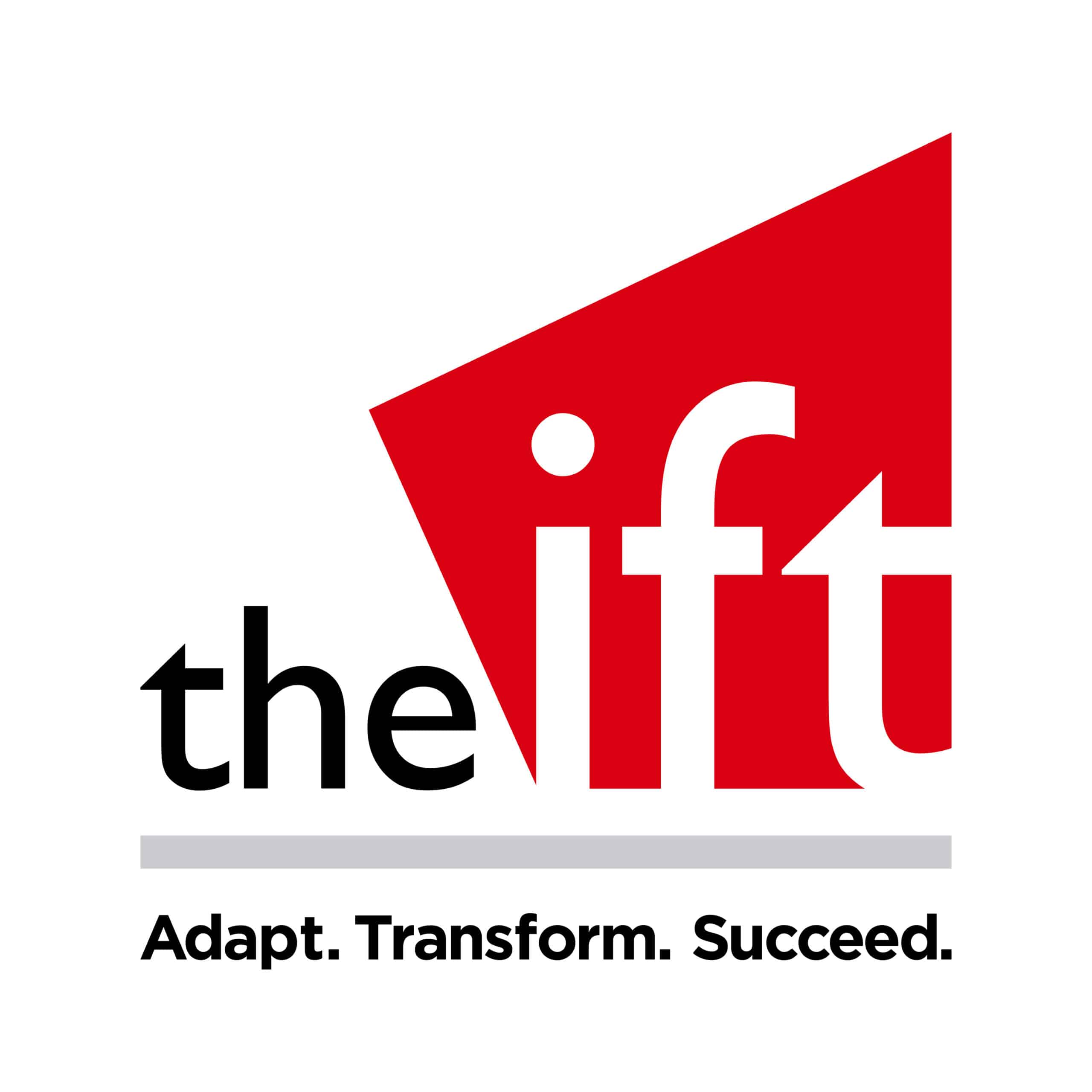The automotive industry is in the early stages of disruption events that will change the shape of the sector forever. This is being driven by numerous factors, most notably including:
• Decline of diesel. The impact of “dieselgate” continues to be felt across the sector, with European diesel sales expected to fall to 5.6 million in 2024 from a peak of 6.9 million in 2016. As a proportion of total vehicles sales this represents a drop from 52% to 37%.
• Changes in demand. More consumers are choosing alternative engines/power units, with petrol returning to the fore and, increasingly, hybrid electric and full electric powertrains. Whilst demand seems to be switching from diesel to petrol in the short term, the medium/long term outlook is that petrol vehicle volumes are likely to also decline. With forecasts of consumer demand remaining uncertain, anticipating future sales mix will prove challenging for both manufacturers and suppliers. In parallel new emissions standards in 2021 are emphasising the move towards power units other than petrol and diesel. This has the potential to cause significant under and over-supply. Unsurprisingly, capacity issues are already appearing as petrol engine component suppliers are reluctant to lay down new production lines knowing that volumes are in decline.
• Lifestyle changes. Younger generations are placing less importance in owning cars and indeed even having a driving licence. The transition towards Mobility-as-a-Service (Maas) has already commenced in major global cities, where policies such as congestion charging and car-free developments deter car ownership. The 2019 KPMG Global Automotive Executive Survey highlighted that 43% of automotive executives believe that half of today’s car owners will not want to own a car by 2025. The impact on the volumes and types of vehicles sold will be both significant and unpredictable.
Against the backdrop of these global industry challenges, consideration also needs to be given to where vehicles will be made in the future. Recent press announcements have demonstrated the risk that a significant proportion of vehicle production in the UK could move to mainland Europe, save for some specialist manufacturers with a strong British heritage.
Suppliers are facing an uncertain future
So what does this mean for suppliers? In short, this will lead to significant challenges, specifically around areas such as:
• Demand forecasting – can suppliers accurately forecast likely demand for components in the short/medium term?
• The need for a diversification strategy to change the product portfolios to those more appropriate to future requirements, e.g. electric vehicles.
• Cost reduction – can fixed costs and overheads be reduced sufficiently to match the likely reduction in volumes that many component manufacturers could experience, recognising that the many suppliers are highly operationally geared?
• Transport and relocation costs – can suppliers factor in additional freight or relocation costs if OEM manufacturing facilities move elsewhere?
• Funding accessibility – anecdotal evidence indicates bank funding for suppliers may be hardening as funders attempt to determine who the relative winners and losers will be.
Manufacturers are facing difficult decisions
There may also be significant issues for manufacturers as they manage their supply chains:
• How and when do they communicate intentions regarding plant closures or volume reductions?
• Which suppliers are likely to struggle as a result of the systemic market changes and the OEM specific changes in their portfolio?
For turnaround professionals these challenges create opportunities to support clients – from cash forecasting and control to stakeholder management and strategic change implementation. In addition, for those suppliers who experience medium/long term decline in volumes (e.g. diesel engine component suppliers) there is likely to be a need for more substantive solutions from key customers and/or M&A transactions to ensure distressed suppliers are able to reach the end of their supplier contract without further material risks.
What is clear is that conventional remedies such as bailments and changing payment terms are unlikely to be sufficient for some of these challenged supplier situations and we will see more radical and innovative solutions being effected. These could include OEM’s bringing suppliers in-house, the creation of run off platforms and turnaround professionals stepping in to support component manufacturers for prolonged periods.
Only time will tell what the extent of the impact will be of these disruption events but all the indications are that when it comes it will be significant.

